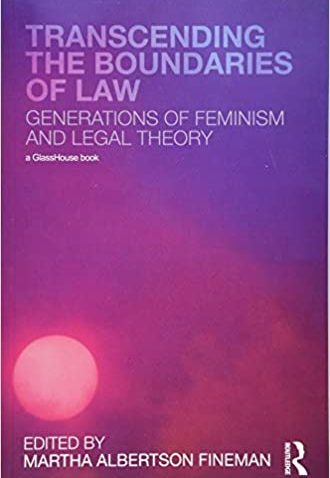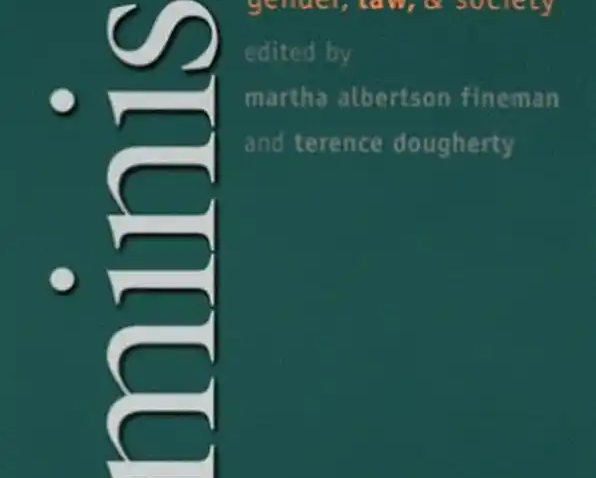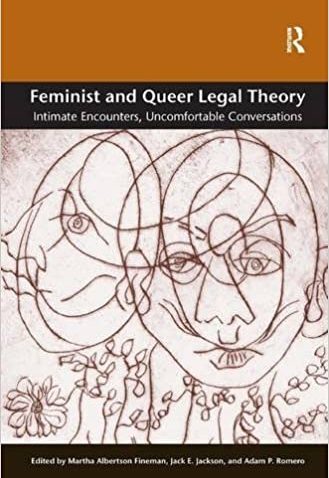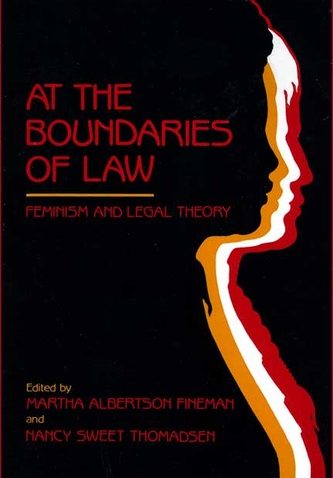by Martha LA Fineman

“Twenty-five years ago, shortly after my own successful, but nonetheless harrowing bid for tenure, I began the Feminism and Legal Theory Project (FLT) at the University of Wisconsin. The explicit purpose was to provide a supportive and encouraging environment for scholars interested in doing feminist theory work. Early workshop sessions were in the summers, often lasting a week or more. They were organized around topics or themes, such as differences and motherhood.
The women and men who came to those early sessions were searching for a way to reconcile growing critical and feminist sensibilities with the study and teaching of law as we had experienced it as students and beginning professors. A handful of Women and the Law courses had been created and were being taught at that time, but there were very few women law professors and the word “feminist” was fairly new to law schools.



